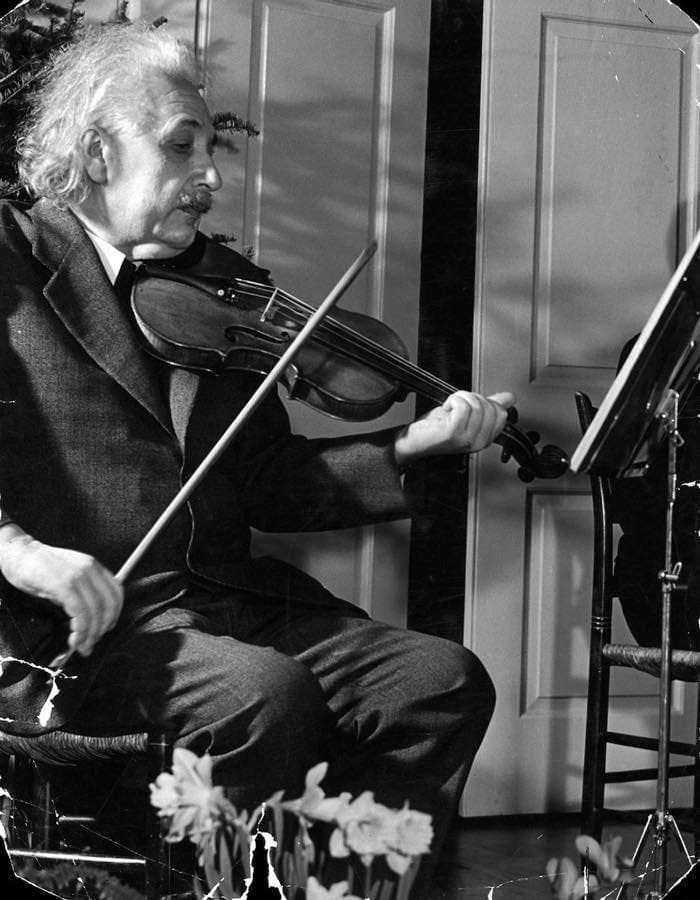[Easter Repost] C.S. Lewis and the Divine Longing of "Sehnsucht"
Try to find the divine in works of philosophy, fiction, or art, and you’ll be disappointed.
Welcome to today’s edition of Write & Lift. If this is your first time reading, subscribe here.
One quick thing:
If there is a recent essay that has sparked your curiosity, given you a new idea, or in any way contributed positively to your daily life, let me know below in the comments. Write & Lift is a constantly evolving publication and I want to know what piques your interest. If you’re a writer, you are inclined, like me, to get lost down whatever rabbit hole you stumble upon. While I aim to vary the topics each week, I want this to remain something you look forward to reading and to do so I thrive on suggestions and feedback. So if you have a rabbit hole you think I should explore, let me know.
C.S. Lewis and the Divine Longing of "Sehnsucht"
Try to find the divine in works of philosophy, fiction, or art, and you’ll be disappointed. Not because endeavoring to engage with new ideas or ways of seeing the world is hollow, but because the words on the page, the image on the canvas, or the beautiful scene of a film are not where the divine is located. It is only a translation.
This is the unknowable, omnipresent feeling of “Sehnsucht”. A term created by C.S. Lewis, to describe the felt, but never known, divine layers of the world that surround us at all times.
A mix of joy and longing; a fusion of profound beauty and intense melancholy. It is standing in the center of a cathedral and looking up at the intricately detailed vaulted ceiling or gazing across the expanse of mountain valley on a crisp autumn evening and acknowledging that the right words don’t exist. And they that never will.
It’s this feeling, as described by Lewis, that connects us underneath the daily routine of eat, sleep, work, gym, relax, and repeat. It’s a truth that even a militant Atheist cannot deny — that what we call reality is still a mysterious black box, an ever-shifting force. We live in it, by it, and through it, but it can never fundamentally be known. There are true limits to what we can ever know. There are true limits to language.
The question then, as I see it, is when do we choose to approximate this feeling and when do we give into the mystery and simply feel it?
We often rely only on Scientific rationalism to explain the world to us. But the pragmatic usefulness in formulating a scientific understanding of the world reaches an inevitable wall. We sail to the edge of our known universe and realize that there is no way to understand what lies beyond.
The Risk of Rationalizing the Transcendent
When we’re moved by a piece of music, we’re fully present in the experience it produces within us. The notes, patterns, and movement of the piece pull us into a deeper world. One that lay beyond rational explanation.
When we look away from the transcendent feeling that is conjured within us in a futile attempt to “understand” this feeling, the bridge to the divine nature of reality in front of us is temporarily severed.
We can analyze the relationship that the vibration of the string has with the fretboard, and dissect how twelve notes can be arranged and connected in an infinite number of ways to produce sound.
We can analyze a piece of music and peel back the layers one by one and still never understand the ways in which the mathematical properties of melody produce the transcendent spiritual experience of music.
We’re led, inevitably, back to the same place where we started, and in the process, turned away from an opportunity to feel..
Lewis describes this tendency as a core component of Sehnsucht:
The books or the music in which we thought the beauty was located will betray us if we trust to them; it was not in them, it only came through them, and what came through them was longing.
The desire to explain beauty illustrates a paradox of human nature.
The mythical and metaphysical is how we organize; pattern, and interpret what we don’t understand. While the logical, scientific, and rational, look for — and finds — answers to the unanswerable questions of our reality.
The most integrated minds respect and practice both methods of thinking. While demagogues on both sides reject the other without cause
But there is a hierarchy in this distinction that the purely rational and scientific ironically scoff at.
The foundation on which our modern world has been created has always had a metaphysical foundation. And it always will.
Prior to our current philosophical and cultural understanding of the rational world, we lived in a state of grand mythology.
To understand the seasons, the stars, the weather, and acts of good and evil, we created stories and legends that called forth the mysterious and transcendent. It was, at the time, the best we could do, but it gave us an instinctual ability to recognize the divinity and beauty of our surroundings.
The rational enlightenment view is, in a similar way, a testament to our greatest strength as human beings, our curiosity. But when this pattern of thinking becomes a dominant mode in how we interpret the world, it leads to a fundamental misunderstanding of beauty and the transcendent nature of reality.
While modern science has given us the tools and language to understand many of the mysteries of the natural world, there will never be a final answer. The most strict adherents of the scientific faith reject this idea, placing their entire faith in the continual and ever-enduring march of scientific progress.
Even so, they recognize the mystery; they still feel it, regardless of whether or not they reject it through language.
This is the ever-present truth of Sehnsucht.
Some of us call it God, others a life force, others the great mystery. But like love and hatred, we know it exists.
This tightrope between the mythical and rational is represented in the thoughts of Albert Einstein.
Einstein dismissed the idea of an anthropomorphic God, such as those from the Abrahamic faiths, but he recognized what he called “Spinoza’s God”, a reference to philosopher Baruch Spinoza’s belief in an ordered universe of eternal laws.
Einstein wrote:
It is quite clear to me that the religious paradise of youth, which was thus lost, was a first attempt to free myself from the chains of the 'merely personal,' from an existence dominated by wishes, hopes, and primitive feelings. Out yonder there was this huge world, which exists independently of us human beings and which stands before us like a great, eternal riddle, at least partially accessible to our inspection and thinking.
If you feel this and aren’t aware that you are made for something more; that the unknowable feeling needs only to be felt, rather than explained, you’re living as a spiritual amputee.
A phantom limb is the sensation of physical pain or discomfort in a part of the body that has been removed. You can remove yourself by objectivism and rationality, but it will never explain away this sensation.
As Ralph Waldo Emerson said:
Nature is too thin a screen; the glory of the omnipresent God bursts through everywhere
What brings our lives meaning — beautiful music, great food, time with friends and family — act as small glimpses of that eternal “something”. A sensation that is embodied, natural, and perfect, a brief look beyond the thin screen of this world and the next. Or, for those who don’t believe in an afterlife, this world and the one beyond our knowing.
Lewis himself said that he didn’t endeavor to create another word to get lost in the ball-pit of the English language. He wanted only to open us up to the nature of the experience. To the divine reality and mystery lingering beneath our conscious grasp. The shared feeling we all internally know regardless of belief or recognition. The feeling of Sehnsucht.
“In speaking of this desire for our own far-off country, which we find in ourselves even now, I feel a certain shyness. I am almost committing an indecency. I am trying to rip open the inconsolable secret in each one of you—the secret which hurts so much that you take your revenge on it by calling it names like Nostalgia and Romanticism and Adolescence.”
-C.S. Lewis
As always, thanks for reading.
-Joe









This post resonates deeply with me Joe!